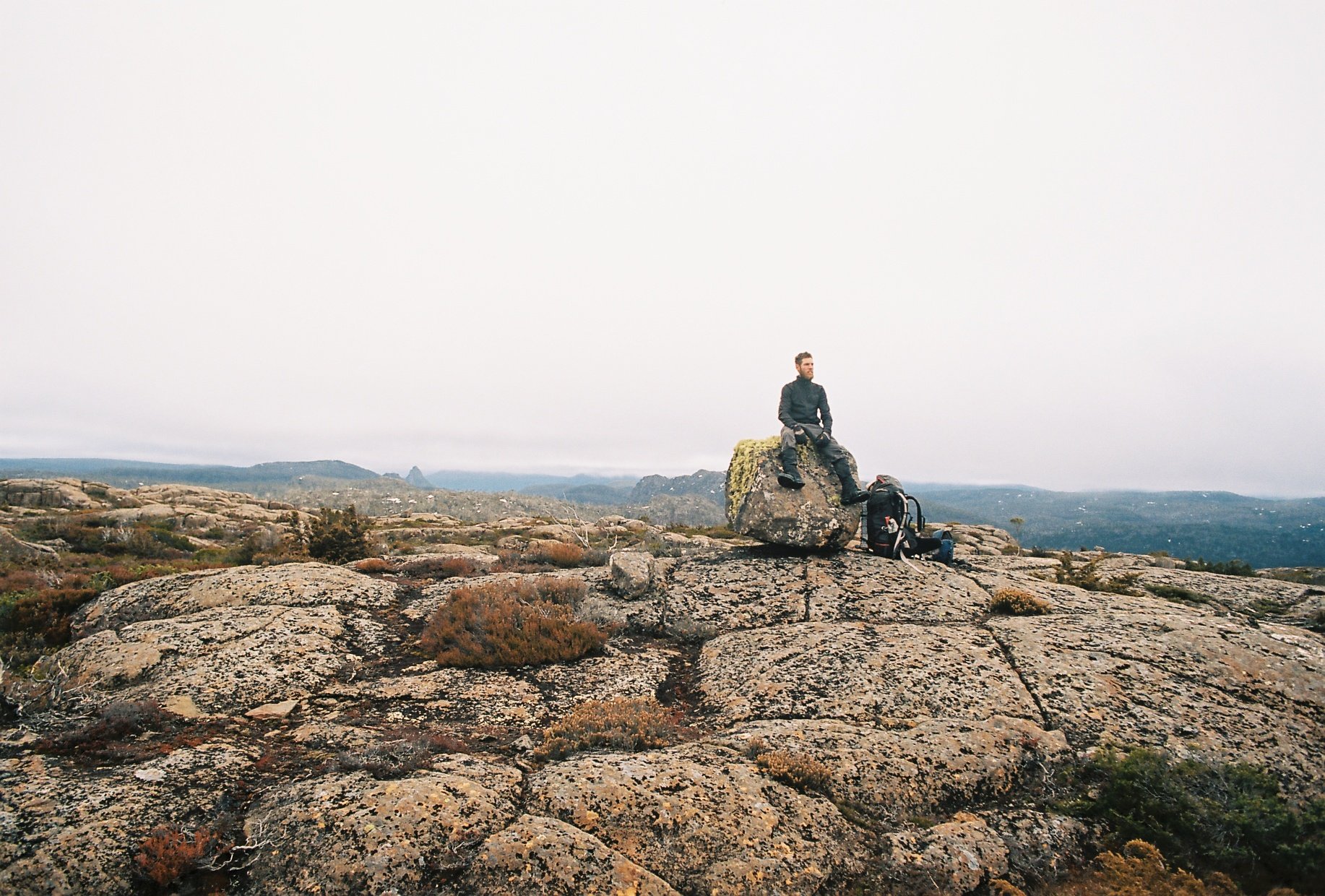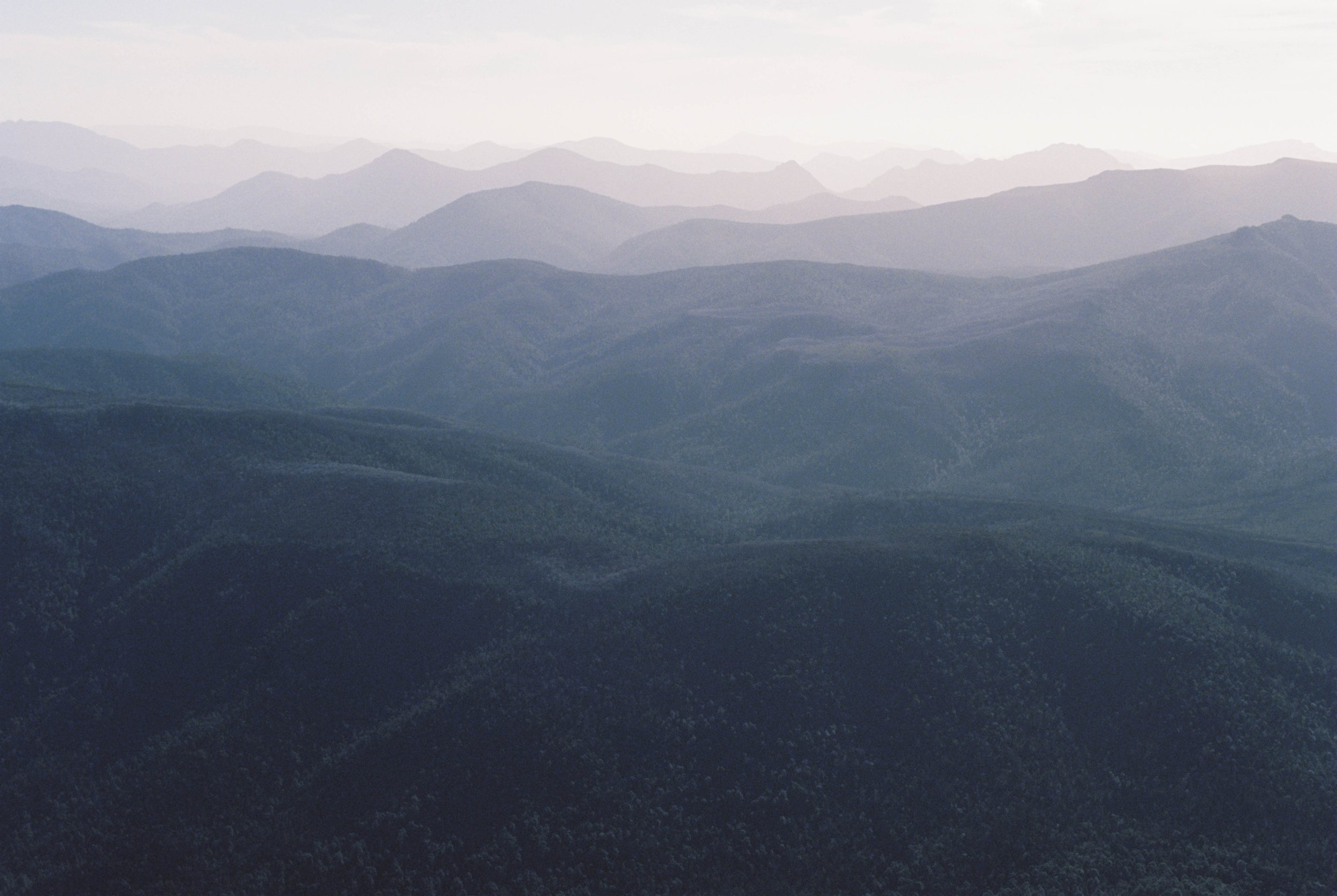Between the lines
The night sleeps like she’s always had
On my pillow I lay my weary head,
Open eyes to galaxies and dreams
A world fueled by love, a world in which I’m at ease.
Basic goodness is our right
Children of the universe
We skip pebbles on the ocean’s shore,
Living lost memories
Our name is riding on the wind, it calls.
How far down life’s highway
Are you willing to place the bet?
The traffic crawls to a stop,
Two lanes on the bridge become a jam.
Loving lost memories
We turn the book,
Gaze upon the page;
Recall a memory vague.
We promise and we collect
Give, take, give, take, take, take.
A scale tipped out of balance,
There’s only one way to dance.
Close your eyes,
But keep watch on the page,
Every secret ever told
is staring you in the face.
Your skin tingles,
Your dream delights,
One hope, one dream,
Within you is the light.
A.S. 14/1/2015






































